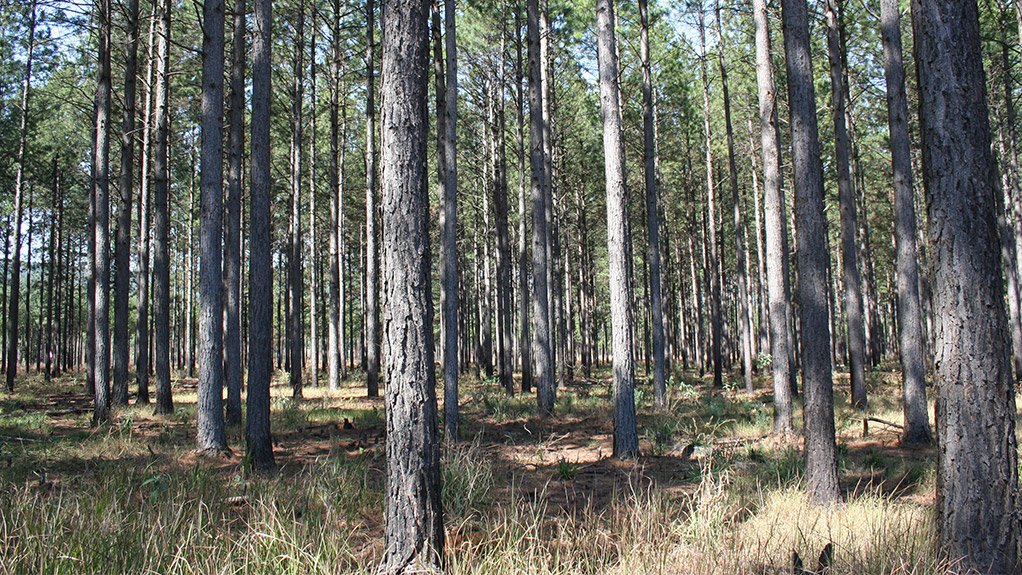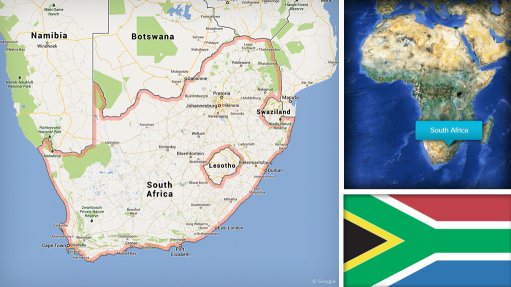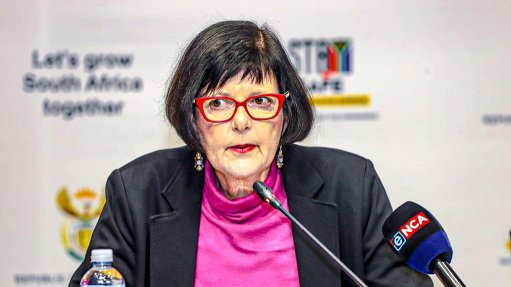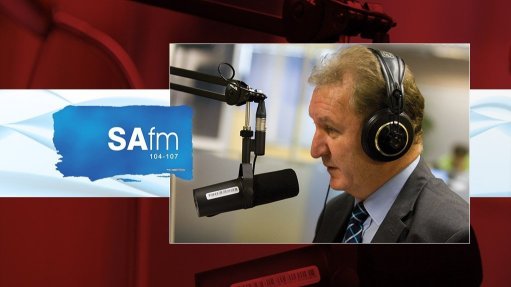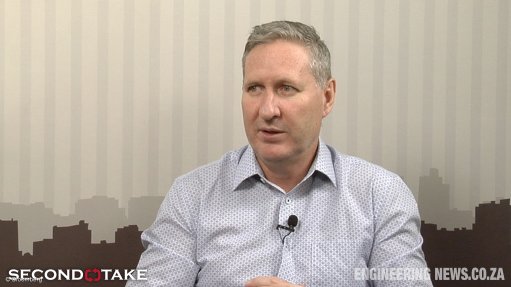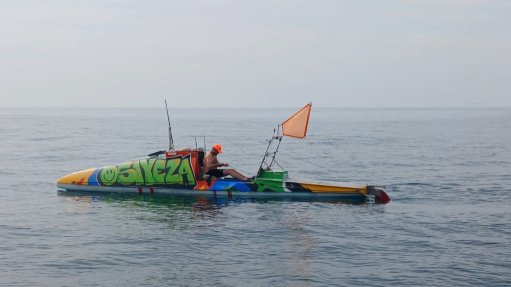Carbon removal needs to quadruple to meet climate goals, researchers say
Governments need to plant more trees and deploy technologies that will quadruple the amount of carbon dioxide removed each year from the atmosphere in order to meet global climate goals, a team of researchers said in a report published on Wednesday.
Carbon dioxide removal (CDR) refers to a range of interventions that sequester CO2 already in the air. It includes conventional methods such as reforestation as well as potentially large-scale solutions like biofuels, cultivating algae in oceans and the use of filters that capture atmospheric CO2 directly.
Currently, CDR removes around two-billion metric tons of CO2 from the atmosphere every year, but it needs to rise to around 7-9 billion tons if temperature rises are to be kept below the key threshold of 1.5 °C, according to a research report by more than 50 international experts.
"Global net greenhouse gas emissions were about 55-billion tonnes per year in 2022, and emissions accumulate in the atmosphere, so every year, every action counts," said Gregory Nemet, professor at the University of Wisconsin-Madison and one of the co-authors of the annual State of Carbon Dioxide Removal report.
New policies are required to drive up demand for CDR, the authors said, with funding for new technologies falling since 2020. The $856-million invested in new startups last year accounted for around 1% of total climate tech spending.
"We see quite a few policies supporting the technology directly," said Nemet. "But what we're really missing so far are government induced markets and demand for carbon dioxide removal."
Shared protocols on how to measure, report and verify the amounts of CO2 sequestered in CDR projects, particularly if they are to rely on funding from carbon markets, the report said.
The latest assessment by the Intergovernmental Panel on Climate Change said CDR would play a role in meeting climate goals, but it warned of the risks of deploying new and untried methods on a large scale, saying they could impact biodiversity, food and water security.
Nemet said "nothing comes for free", and CDR was no panacea.
"Regardless of how much carbon dioxide removal we do, we'll still need to rapidly reduce emissions from fossil fuels and halt deforestation," he said.
Comments
Announcements
What's On
Subscribe to improve your user experience...
Option 1 (equivalent of R125 a month):
Receive a weekly copy of Creamer Media's Engineering News & Mining Weekly magazine
(print copy for those in South Africa and e-magazine for those outside of South Africa)
Receive daily email newsletters
Access to full search results
Access archive of magazine back copies
Access to Projects in Progress
Access to ONE Research Report of your choice in PDF format
Option 2 (equivalent of R375 a month):
All benefits from Option 1
PLUS
Access to Creamer Media's Research Channel Africa for ALL Research Reports, in PDF format, on various industrial and mining sectors
including Electricity; Water; Energy Transition; Hydrogen; Roads, Rail and Ports; Coal; Gold; Platinum; Battery Metals; etc.
Already a subscriber?
Forgotten your password?
Receive weekly copy of Creamer Media's Engineering News & Mining Weekly magazine (print copy for those in South Africa and e-magazine for those outside of South Africa)
➕
Recieve daily email newsletters
➕
Access to full search results
➕
Access archive of magazine back copies
➕
Access to Projects in Progress
➕
Access to ONE Research Report of your choice in PDF format
RESEARCH CHANNEL AFRICA
R4500 (equivalent of R375 a month)
SUBSCRIBEAll benefits from Option 1
➕
Access to Creamer Media's Research Channel Africa for ALL Research Reports on various industrial and mining sectors, in PDF format, including on:
Electricity
➕
Water
➕
Energy Transition
➕
Hydrogen
➕
Roads, Rail and Ports
➕
Coal
➕
Gold
➕
Platinum
➕
Battery Metals
➕
etc.
Receive all benefits from Option 1 or Option 2 delivered to numerous people at your company
➕
Multiple User names and Passwords for simultaneous log-ins
➕
Intranet integration access to all in your organisation



